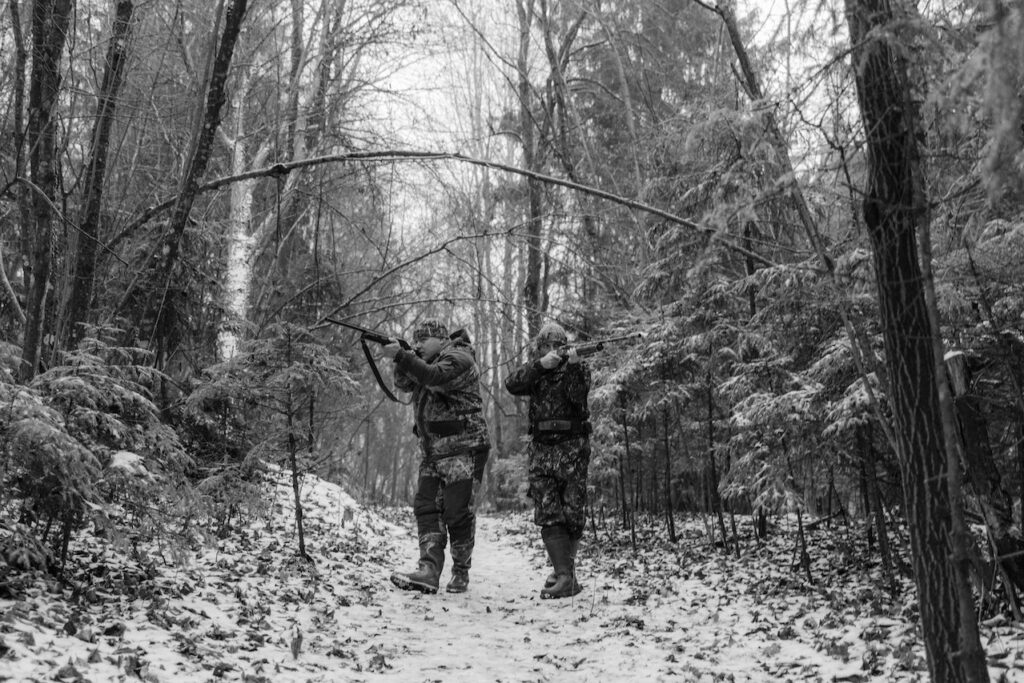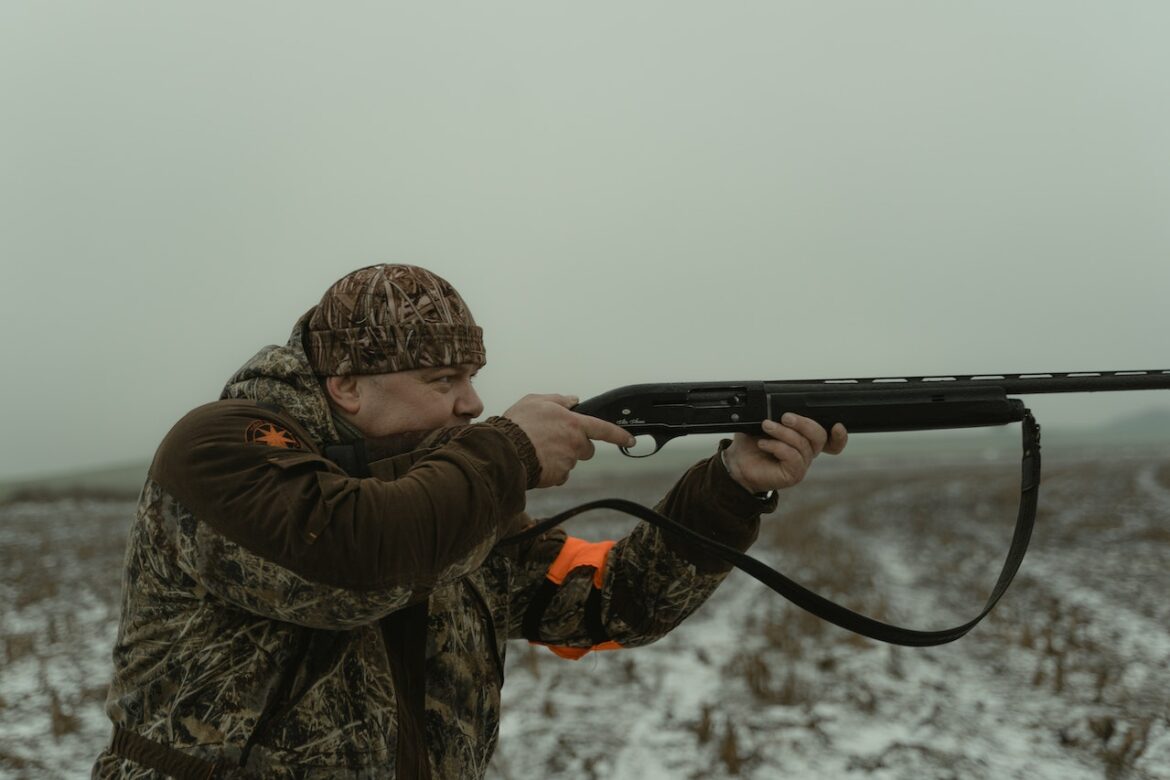Hunting is a tradition that has been around for thousands of years and continues to be a popular activity worldwide. However, with the increasing popularity of hunting, it is important to address ethical considerations that come along with this sport. Hunting ethics refer to the moral principles hunters should follow when engaging in hunting activities.
The unwritten rules of hunting ethics vary depending on the culture and region. These unwritten rules are passed down from generation to generation and are not necessarily written in any law book or regulation. In this article, we will explore some of these unwritten rules that hunters should keep in mind while out in the field.
Setting the Scene
Setting the scene in hunting is more important than many hunters realize. It is not just about finding your perfect spot or getting to the right area for a good shot. Setting the scene also includes things like respecting your surroundings, being mindful of other hunters and their prey, and following unwritten rules of hunting ethics.
One aspect of setting the scene in hunting is being respectful of your environment. This means leaving no trace behind, taking care not to damage any natural resources, and keeping noise levels down so as not to disturb wildlife or other hunters. Additionally, it’s crucial to be mindful of weather conditions and take precautions in case of sudden changes.
Respect for Wildlife
Respect for wildlife is the first rule of hunting ethics. It means treating animals with dignity and respect, not just as targets for sport or trophies. This principle extends to all aspects of the hunt, from preparation to harvest and beyond. It involves knowing and following local regulations, as well as practicing safe and humane hunting practices. It also means minimizing waste by utilizing all parts of the animal whenever possible.
Furthermore, respect for wildlife entails recognizing that humans share a responsibility to safeguard natural habitats and protect vulnerable species from extinction or over-harvesting. As stewards of the land, hunters must prioritize conservation efforts that benefit both wildlife populations and their respective ecosystems. By adhering to this foundational principle, hunters can preserve a rich tradition while also contributing to sustainable environmental practices for generations to come.

Fair Chase
Fair Chase is a term that has been used extensively in hunting ethics and denotes the methodical pursuit of game animals. The concept of Fair Chase primarily involves maintaining an ethical approach while hunting, respecting the animal’s habitat and natural behavior, and ensuring that the animal is not subjected to undue suffering during its demise. Hunting with Fair Chase principles means that hunters must maintain their conduct at all times, regardless of whether they are on public or private land.
The art of Fair Chase hunting is not only about complying with regulations but also about following unwritten rules. These unwritten rules include always being respectful towards nature and wildlife, making sure to take clean shots so as not to cause any prolonged suffering for the animal, and avoiding over-hunting an area or species. It is also important to note that hunters should be conscious of their equipment’s impact on the environment and avoid leaving any litter behind.
Protecting Yourself and Others
When it comes to hunting, safety should always be the top priority. It’s crucial to have a clear understanding of the unwritten rules of hunting ethics and follow them to ensure you and others remain safe. Hunting ethics is not just about following laws and regulations but also includes behaving in a manner that respects wildlife, other hunters, and non-hunters.
One of the most important rules of hunting ethics is gun safety. Always treat firearms as if they are loaded, keep your finger off the trigger until you’re ready to shoot, and never point your gun at anything you don’t intend to shoot. You should also wear proper clothing during your hunt so that you’re visible at all times; wearing bright orange clothing makes it easier for other hunters to see you.
Responsible Hunting Practices
Responsible hunting practices go beyond just harvesting game. It is important to leave no trace behind when hunting in order to preserve the natural environment for future generations of both wildlife and humans. This means properly disposing of all waste, including empty cartridges and packaging materials, as well as removing any non-biodegradable items that may have been brought into the wilderness.
Additionally, responsible hunters should respect private property boundaries and obtain proper permits and licenses before hunting on public land. They should also follow all regulations set forth by state and federal agencies regarding bag limits, firearms safety, and other requirements.
Ethical Behavior Towards Other Hunters and Landowners
As hunters, we must treat other hunters and landowners with respect and ethical behavior. It is important to remember that we are all sharing the same space and resources, and it is our responsibility to maintain a positive relationship with those around us. This means being respectful of property boundaries, following hunting regulations, and not interfering with other hunters’ experiences.
Additionally, it is crucial to practice good communication skills when interacting with landowners. Before entering private property for hunting purposes, it is essential to obtain permission from the owner. We should also be mindful of any specific rules or restrictions they may have in place regarding hunting on their land. By demonstrating responsible behavior towards both fellow hunters and landowners, we can ensure a safe and enjoyable experience for everyone involved.

Conclusion
In conclusion, upholding the tradition of hunting with integrity is critical for ethical hunting practices. As hunters, we have a responsibility to respect the wildlife and environment around us and ensure that our actions do not harm them. This includes following the unwritten rules of hunting ethics that have been passed down from generation to generation.
One important aspect of ethical hunting is being respectful of other hunters and their experiences. This means not interfering with another hunter’s hunt or taking advantage of their hard work by moving in on their spot. Additionally, it’s crucial to always follow safety regulations and use proper equipment to prevent accidents or harm to yourself or others.
HealthCare: The Lifeline of Humanity







Comments are closed.